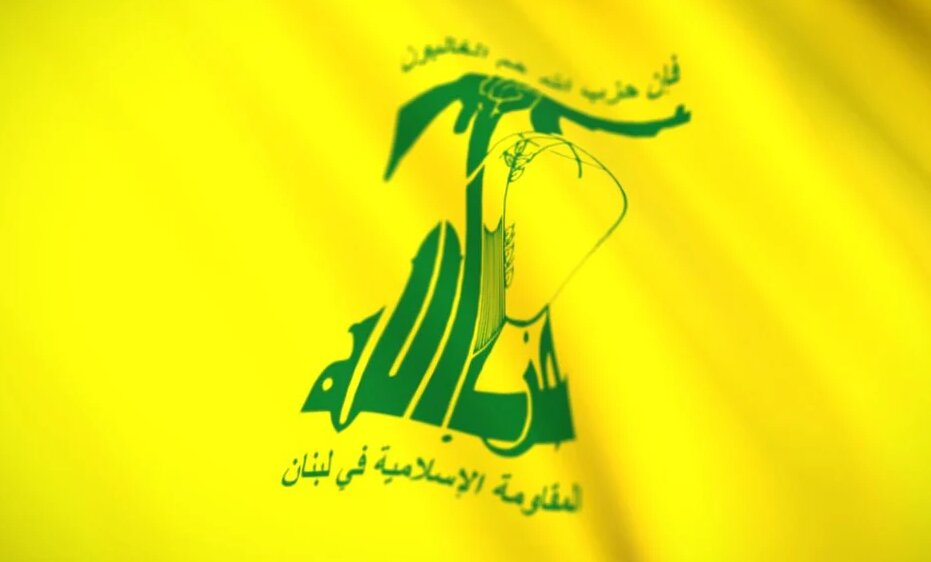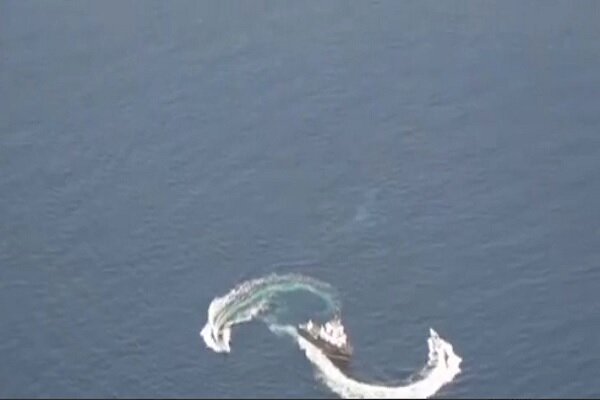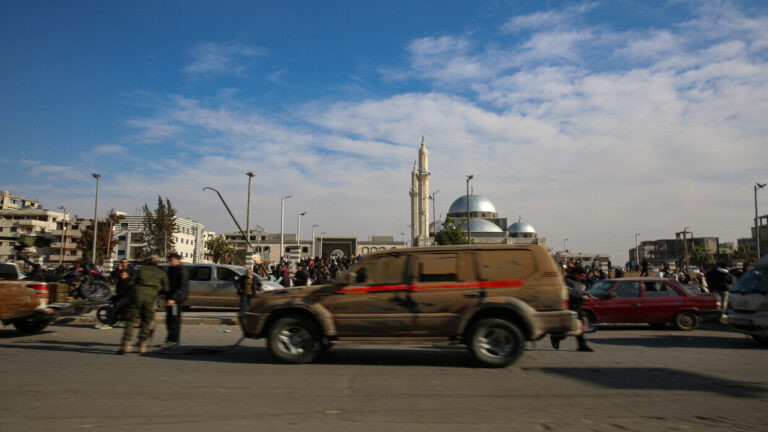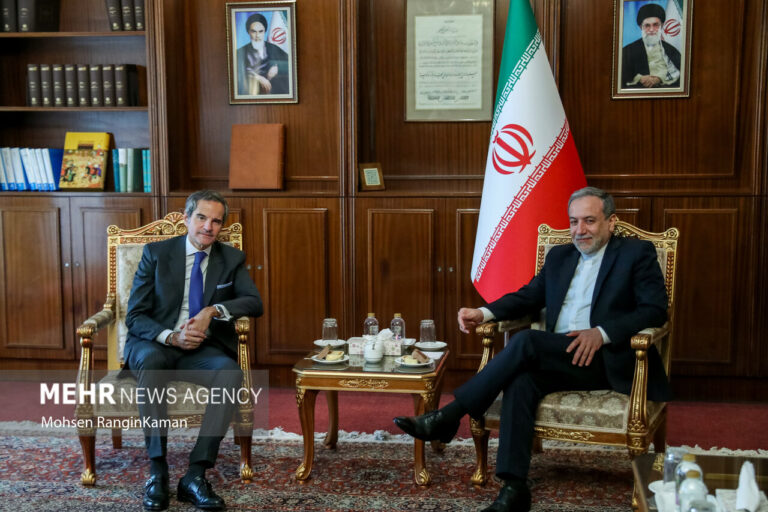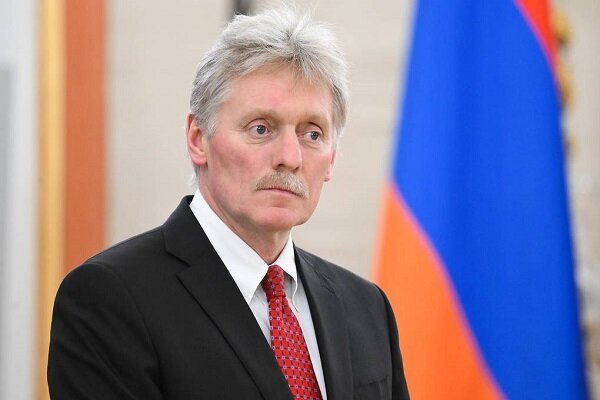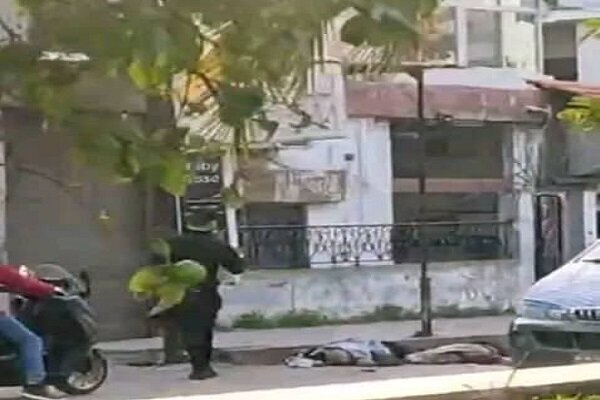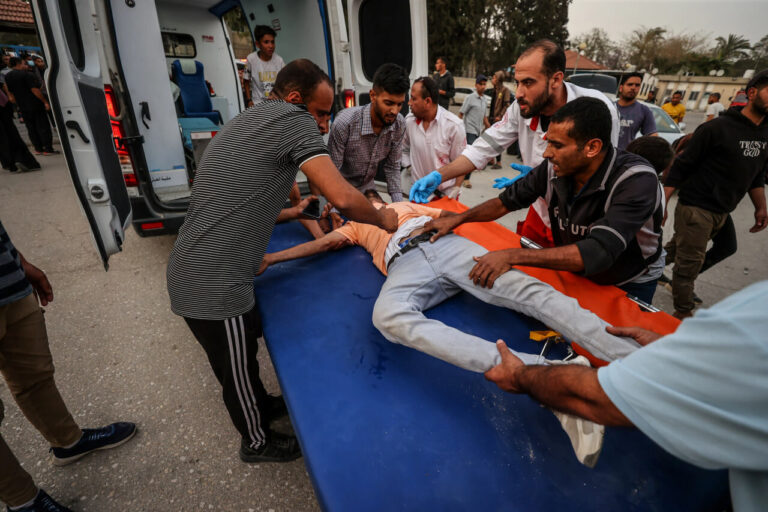Hezbollah Denies Involvement in Recent Missile Attack on Israel: Key Updates and Insights
In a recent development regarding the ongoing tensions in the region, a source in Lebanon has confirmed to the Al-Mayadeen news network that Hezbollah is dedicated to adhering to the ceasefire agreement. This commitment comes amid rising concerns following missile launches from southern Lebanon towards northern occupied territories, which Hezbollah has categorically denied any involvement in.
The situation is becoming increasingly complex as the source emphasized that these missile incidents are perceived as provocations aimed at justifying further aggression from the Israeli regime against Lebanon. This information sheds light on the ongoing conflict and the delicate balance of power in the region.
On Friday, the Israeli military reported that they had detected the launch of two rockets originating from Lebanese territory directed towards the Kiryat Shmona area in the occupied territories. In a statement, the Israeli military claimed to have successfully intercepted one of the rockets, while the other reportedly landed in Lebanese soil.
This latest incident raises several key points that are essential to understand the broader context of the situation:
- Hezbollah’s Stance: Despite the missile launches, Hezbollah remains steadfast in its commitment to the ceasefire, distancing itself from the actions taken by unidentified groups.
- Israeli Response: The Israeli military’s interception of one rocket highlights its preparedness and capability to respond to perceived threats from Lebanon.
- Escalation Concerns: The source’s assertion that these incidents are provocations suggests a worrying trend of escalating tensions between Israel and Lebanon.
- Regional Stability: The ongoing hostilities and the potential for misinterpretation of actions could lead to a wider conflict, affecting regional stability.
As tensions persist, the international community watches closely, emphasizing the need for dialogue and restraint. The implications of these missile launches extend beyond immediate military concerns, impacting diplomatic relations and regional security dynamics.
Furthermore, the denial of Hezbollah’s involvement in these incidents points to the complexities of the conflict, where various factions may act independently, potentially complicating peace efforts. This situation exemplifies the fragile nature of ceasefire agreements in a region fraught with historical grievances and ongoing disputes.
In light of recent events, observers are urged to consider the broader ramifications of such military actions, including the potential for civilian harm and the destabilization of already fragile areas. The emphasis on maintaining the ceasefire by Hezbollah is a crucial element in preventing further escalation and ensuring the safety of civilians on both sides of the border.
In conclusion, the unfolding events highlight the intricate dynamics of the Israeli-Lebanese conflict, marked by ongoing military posturing and the critical need for diplomatic engagement. As the situation develops, stakeholders must prioritize dialogue and seek to address the underlying issues that contribute to the cycle of violence.
Moving forward, it is essential for all parties involved to pursue peaceful resolutions and to remain committed to ceasefire agreements, as any missteps could have dire consequences for regional security and stability.
